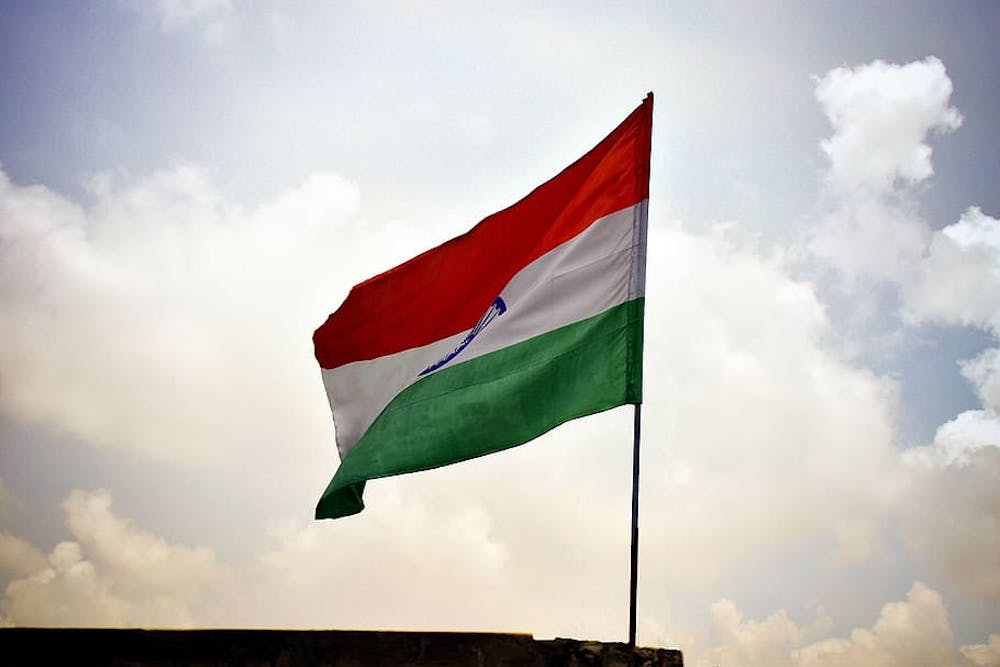We write this column in extension of President Amy Gutmann’s “clear call to engage globally,” and because we believe that the academic community at Penn should pay careful attention to developments in India in recent weeks. In particular, these developments concern physical attacks on students and faculty in major universities. These attacks are so severe that they demand that we express our concern and solidarity with our colleagues in India.
As many of you are aware, the right-wing, Hindu-majoritarian Bharatiya Janata Party (BJP) government in power in India recently passed the Citizenship Amendment Act (CAA), which allows Hindu, Sikh, Jain, Parsee, Buddhist, and Christian seekers of asylum from Afghanistan, Bangladesh, and Pakistan a quick route to citizenship, while refusing such rights to Muslims from these countries. The CAA also excludes Tamil Hindus and Muslims from Sri Lanka, Rohingyas from Myanmar, and Buddhists from Tibet. These details are of course important, but even worse is the fact that a new principle of citizenship, based upon religious identity, has been introduced — a principle that controverts the commitment enshrined in the Constitution of India to the creation of a secular, democratic Republic with equal rights for all. The CAA, in combination with the all-India National Register of Citizens (NRC) being planned by this government, will end in untold numbers of Muslims being declared stateless. As commentators Christophe Jaffrelot and Sharik Laliwala put it: “A nationwide combination of the CA[A] and NRC will mark India as the natural habitat of Hindus while deriding some Muslims as ‘foreigners.’ Indians will be called Indians not only on territorial grounds but also on ethno-racial and religious lines.”
There have been massive demonstrations across India to protest the CAA. These protests have been led by minorities, women, and university students, and the government is doing all it can to quell these and other forms of dissent. Peaceful rallies have been disrupted by the police, and opposition politicians have been arrested and tortured. On Dec. 13 and 15, the Delhi Police, which reports to the Home Minister and President of the BJP, invaded the campus of the Jamia Millia Islamia, where students had gathered in a rally, and beat, tear-gassed, and fired at them, destroying sections of the library, where students were studying. On Dec. 15, the Uttar Pradesh Police stormed Aligarh Muslim University and beat up and arrested students. One student had to have his hand amputated. In each case, the police were recorded using anti-Muslims slurs as they thrashed students. Most recently, the Delhi Police stood by as large right-wing mobs strolled into Jawaharlal Nehru University and then, for the next three hours, proceeded to beat students and faculty, 36 of whom had to be taken to hospital.
We highlight these attacks on students and faculty to remind us all that these universities are being targeted precisely because they are institutions devoted to critical thinking and the exercise of reason. They have, not surprisingly, been leaders of the nation-wide resistance to the Hindu-majoritarian agenda of the government currently in power in India, and their bravery reminds us of the importance of dissent and peaceful resistance to the health of any secular democracy. As Indian students and faculty living and working in the United States, we cannot ignore what many believe to be the fascist takeover or destruction of institutions in India. In fact, we call upon our colleagues at Penn, and at other universities in the United States, to lend their voices to condemn these attacks on Indian democracy.
For that reason, we will gather at the iconic button in front of Van Pelt Library at 12 p.m. on Jan. 15, the first day of the spring semester, to rally in support of our colleagues in Indian universities. We will also launch a campaign to reach out to any and all students who are interested in these issues, and we will organize teach-ins with them. There is a lot of work to be done to help India withstand a government determined to destroy its democratic and secular identity. We invite you to join us in our efforts.
APURVA BAMEZAI is a first-year Ph.D. student in Political Science. She can be contacted at abamezai@sas.upenn.edu
BINDU DODDAHATTI is a Penn Law School Student in the LLM program. She can be contacted at bindund@pennlaw.upenn.edu
SUVIR KAUL is the A.M. Rosenthal Professor in the Department of English. He can be contacted at kaul@english.upenn.edu









